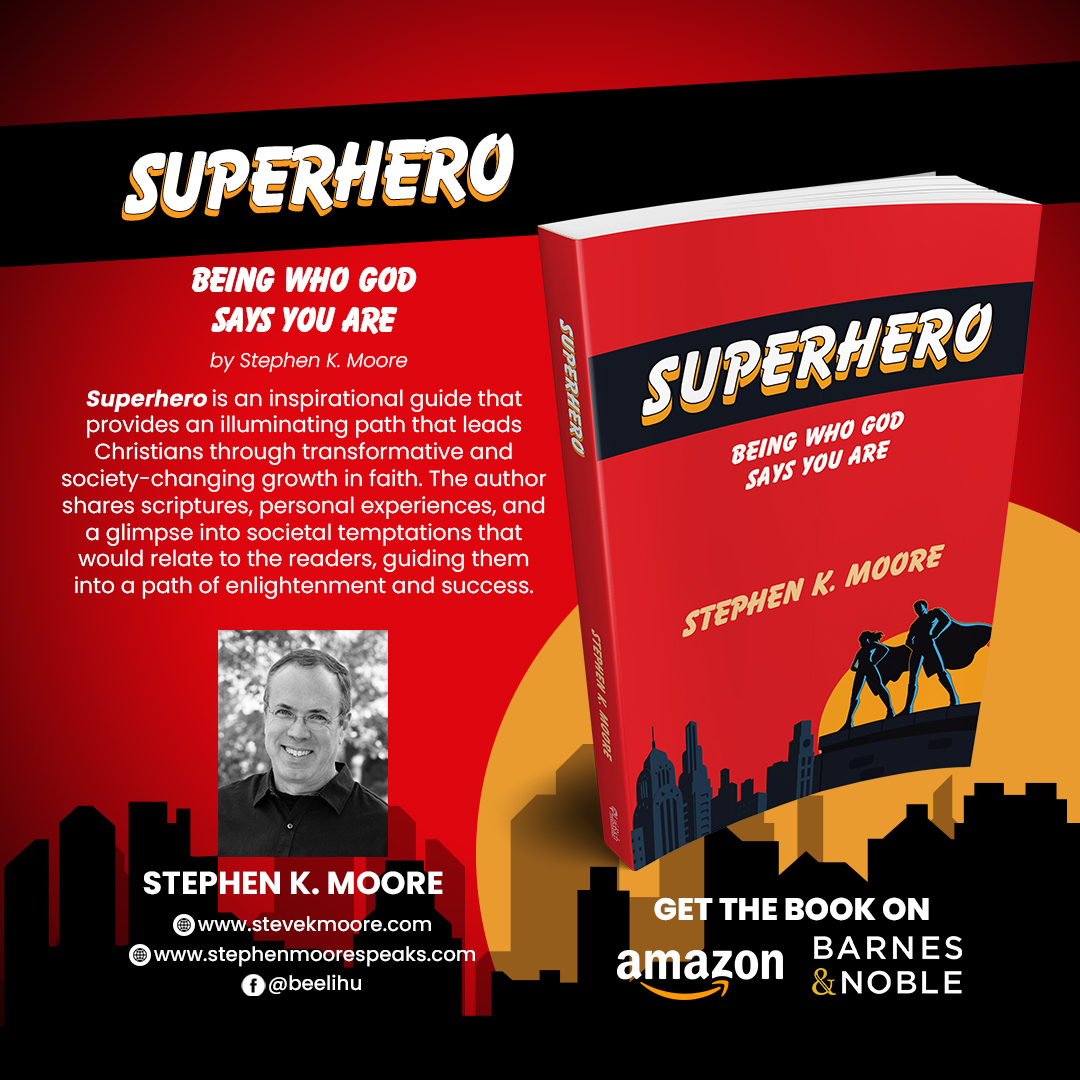Category: Spiritual Formation
-

Would Jesus Selfie? The Problem with Natural You…
I love the picture with this posting—for a long time it was the header image for my website. There’s just something about the Son of God (or a portrayal of him) doing a selfie that just screams “Jesus wouldn’t do this!” Exactly. What is my biblical basis for this? Imma be ‘splainin it to ya:…
-

Harness the Power of Doubts about Christianity, Part II
The author explains that experiencing doubt about faith is common, even among biblical figures. The core message is that God’s love is profound and unchanging, as illustrated in Zephaniah 3:17, where God is depicted as rejoicing over his people with singing. Accepting this love helps overcome spiritual doubts.
-

Regarding Butker—The Time I Told a Military Pilot to Value His Wife and Family
The narrative follows the struggles of a military C-130 instructor who encounters moral dilemmas concerning work-life balance through conversations with his copilots. The instructor supports placing family over work commitments, a stance conflicting with mainstream career-focused perspectives. These interactions highlight broader cultural critiques regarding personal values versus professional achievements, ultimately emphasizing the importance of family…
-

Harness the power of doubts about Christianity, Part I
In the throes of doubt, even the devout like John the Baptist and Jesus’ disciples experienced uncertainty. Emphasizing that such doubts are commonplace among believers, the narrator offers reassurance that feeling this way is not unusual—even those closest to Jesus doubted. Consequently, he suggests looking to Jesus’ reactions of grace and a promised continuous presence…
-

The Books You Read and the People You Meet?
A man recalls how meeting Charlie “Tremendous” Jones and a surprise gift of books altered his life, sparking a journey into publishing and spiritual growth. Skeptical at first, he later embraced the lesson that personal transformation hinges on the books we read and our relationships, particularly with Jesus Christ, whose indwelling power fosters profound change.…
-

Jim Palmer’s 14 Points-Part II, Helping People
In Part II of his discourse, the author contrasts his motivations for ministry with those of a former evangelical pastor, Palmer. While the author admires Palmer’s initial intent to help people and make a difference, he questions if that aligns with the core tenets of Christianity. The author argues that his own ministry is not…
-

Superhero Gets 4-Star Review!
John M. Murray reviews Stephen K. Moore’s self-help book “Superhero,” which uses a plane’s near-crash allegory to advise on mental health and personal betterment. Blending faith with science, it offers steps for self-improvement and social cohesion, tackling diverse issues. Though Christianity-based, it’s inclusive to all faiths and ends with a practical workbook.
-

Answering Jim Palmer’s 14 Objections…Part I, Doctrine
Former megachurch pastor Jim Palmer’s rejection of Christian doctrine and the ensuing debate on social media is the subject of discussion. While some celebrate his stance, others vehemently criticize it. The author expresses a desire to understand Palmer’s perspective and finds common ground in questioning the blind adherence to traditionalism in organized religion. The interpretation…
-

White, Wheat, or Jesus?
So, these folks get fed by Jesus one afternoon with food miraculously expanded by our Savior. He took the meal of a young boy and fed more than 5,000 people. Some of these people evidently didn’t get it. There was a big message in what Jesus did–and they totally missed the point. The very next…
-

The God Who Speaks to the Lost (And Found), Part I
Just finished up a week on the Big Island of Hawai’i. It was rough duty. Discovered something though. Our wild and amazing God was up to his usual predictably unpredictable ways-especially back in the day when the famed King Kamehameha and his son were in power. This story is faith-building and inspiring-and for someone who…
